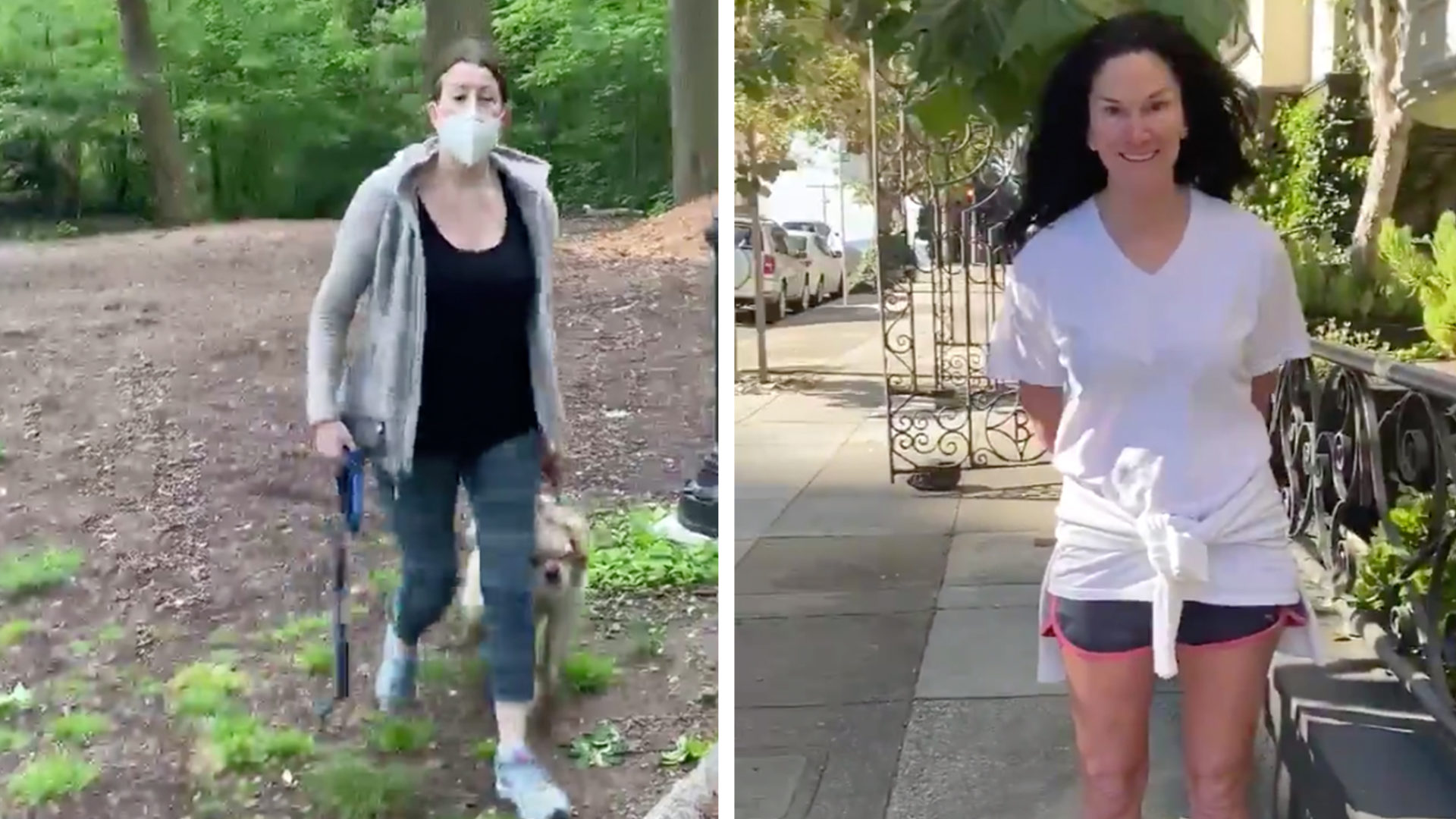
At the start of 2020, “Karen” was a term used on White women who were entitled, unconcerned and flat out racist. More specifically, they were pegged as the type to call the police on Black people for trivial reasons, like unjustifiably feeling threatened by our presence, which can have disastrous effects given how callously police officers have a history of behaving. As a result of the damage being done by these women, people are demanding that we move away from the epithet and call Karens what they are—white supremacists.
In response to an incident in Michigan (during which a White woman pulled a handgun on a Black woman and her daughter, and then called the police,) a Twitter user talked about why the White woman wasn’t a Karen.
“[T]his is not a ‘karen,'” they wrote. “[T]his is a violent white supremacist. ‘Karen’ has become a convenient way to obfuscate how white women act as agents of racist violence whether they wild weapons themselves or use the police/other state forces.” The commentary has gotten over 100,000 likes.
A day earlier, another Twitter user shared a similar statement. “I don’t wanna hear no more of the ‘Karen’ shit from this point forward. This is white supremacy and this is the shit that kills and imprisons black people everyday.”
On May 25, a video of Amy Cooper went viral as she called the police on Black bird watcher, Christian Cooper. As gleaned from the clip provided by Christian’s sister, Amy was allegedly walking her dog, while Christian watched birds. After noticing Amy’s dog didn’t have a leash in a strict “leash-only” zone, Christian claims to have politely asked that she restrain her dog. The situation escalated, culminating in Amy saying that she’s “going to call the cops” and that “there’s an African-American man threatening my life.”
May 25 was the same day George Floyd was killed by police, exemplifying the tensions between Black people and law enforcement, and outlining why police involvement in petty cases is entitled and potentially traumatic.
There is piling evidence that supports calling the police on a Black person, or a person of color, is an act of violence, especially when they are of no threat. Relationships between the Black community and the police has historically been fraught, with the state killings of Breonna Taylor, Alton Sterling, Eric Garner, Korrine Gaines and countless others further steeping dealings in distrust and fear. White women are no doubt aware of rising racial tensions, and simply choose to place their perceived needs and feelings over the safety of Black people. This may seem subtle, but it is a tool of domination and supremacy, since it ultimately seeks to re-cement where the power lies, which is within the White community.
“The term ‘Karen’ trivializes the harm, and potential harm, done by white women who seek to flex their ‘superiority.'”
On June 17, Lisa Alexander, CEO of LaFace Skincare, was caught harassing James Jualliano, after she saw him writing “Black Lives Matter” with chalk in front of his own home. In the video Jualliano took of the confrontation, you can see Alexander asking him if “this was his property” and claiming to know the person who lived in the building he occupied. After being accused of committing a crime, Jualliano asked Alexander to call the police if she believed felt his behavior was illegal, which she did.
Alexander’s privilege allowed her to encroach on a person of color, who was in the midst of publicly defending Black lives. It also enabled her to lie about knowing who lived in the building, likely because she believed she would not be challenged. Furthermore, Alexander felt comfortable calling the police because she thought she would be defended whether her claims were truthful or not. Such is white women’s longstanding ability to continuously be believed by law enforcement, as well as supremacists.
The term “Karen” trivializes the harm, and potential harm, done by white women who seek to flex their “superiority.” It also erodes the centuries-long role they have played in oppressing Black people through accusations, ignorance and state interference. It is especially important that we use the appropriate language as we seek to dismantle supremacy and call out those who uphold it.
Photo credit: Time